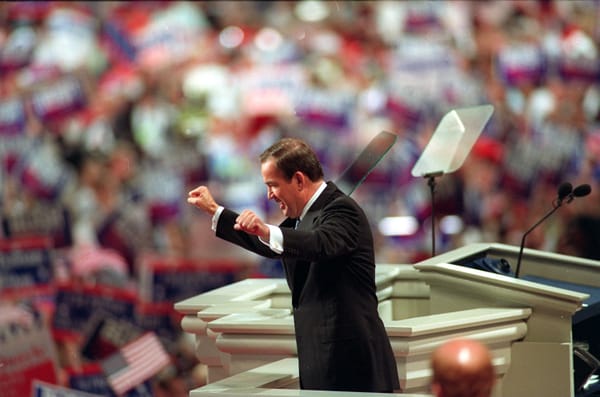Populism has failed and keeps failing because it is captive to a culture-war mindset. This mindset ensures that intractable moral issues remain at the fore while issues such as fixing America’s dysfunctional economy or rebuilding its middle class are relegated to the sidelines.
It is worth recalling how American politics came to be this way. Though the present culture war has roots in the social changes of the 1960s, one political event in the 1990s seemed to embody and prefigure the current state of things, while hinting at where things went wrong. Enter the “culture-war speech.”
In 1992, the conservative columnist Pat Buchanan mounted an unlikely challenge against his party’s sitting president, George H.W. Bush, based on the compelling notion that the end of the Cold War represented a chance for America to unwind its costly empire and reclaim its economic sovereignty in the face of unscrupulous rivals in Asia and Europe (a case being made again today by Buchanan and fellow paleocons in the face of Russia’s invasion of Ukraine).
Today, Buchanan’s populist campaign is rightly recognized as a precursor to Donald Trump’s successful bid for the presidency 24 years later—in both its successes and its failures.
